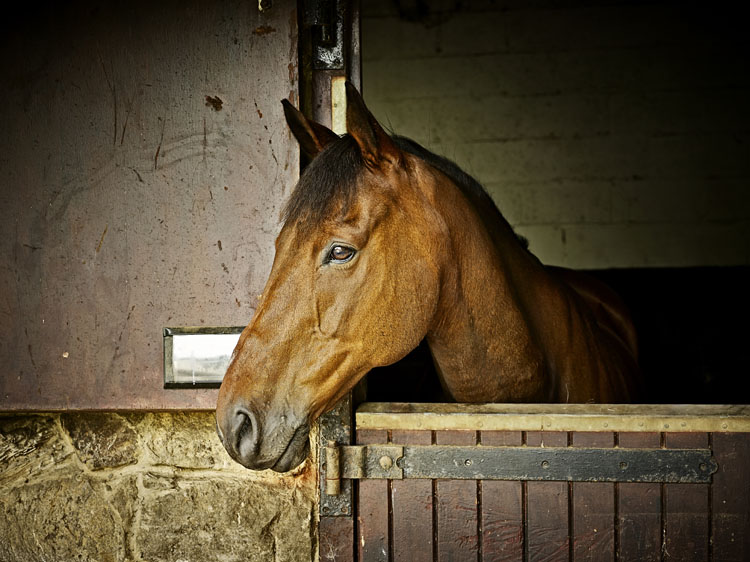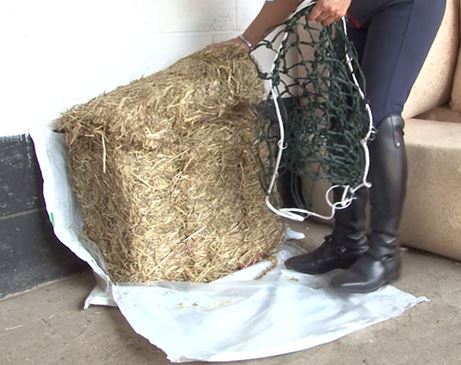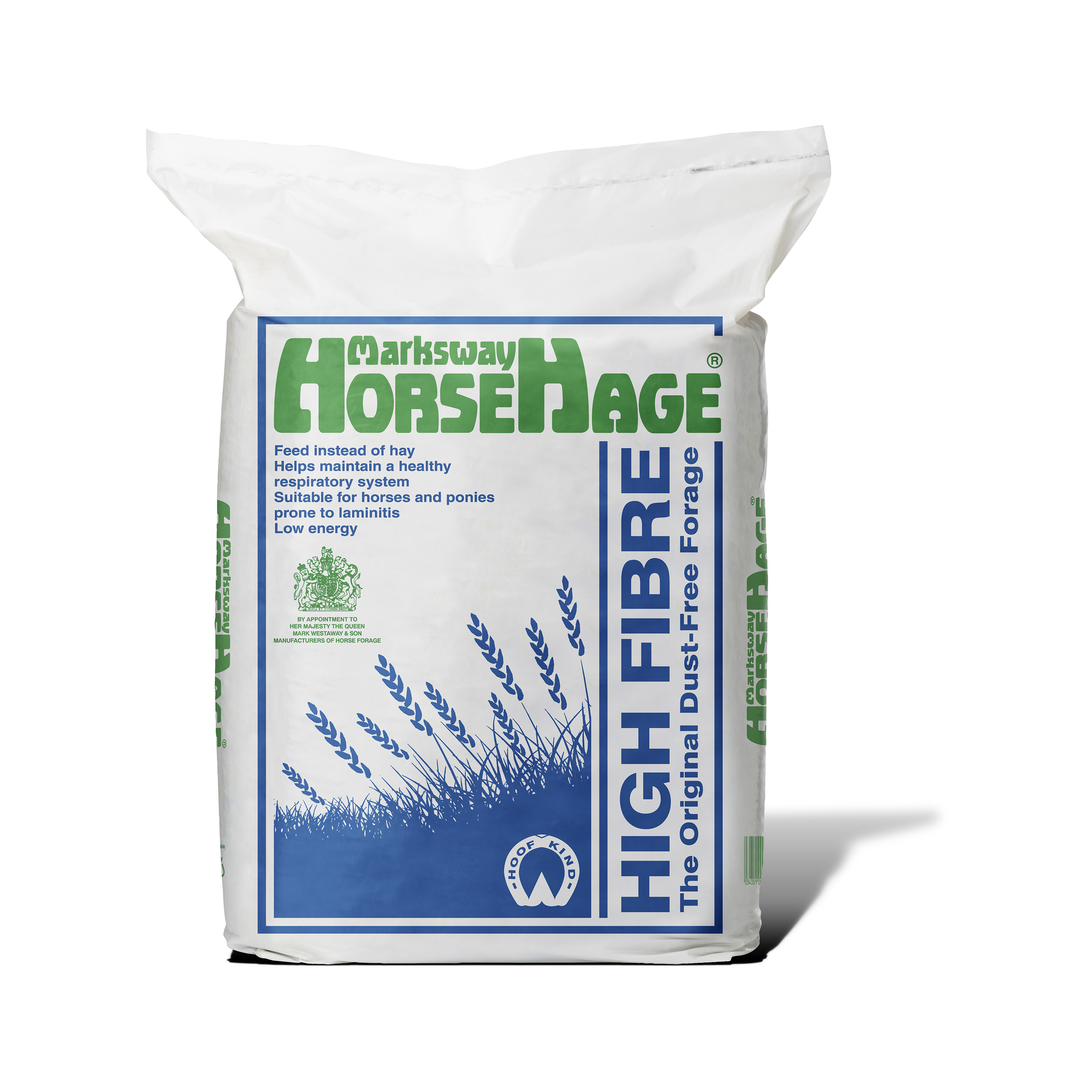Posted: 10th June 2020 | Back to news feed

Over the past few decades, we have become more aware of respiratory disease in horses and the need to pay close attention to the environment as well as the horse’s diet, in order to reduce the level of exposure to the disease-causing agents.
If the horse is suffering from a viral or bacterial infection of the respiratory tract, or an allergic response to the presence of inhaled fungal spores or noxious gases, this can cause inflammation of the small airways, increased mucus production and bronchiospasm, and the condition can be exacerbated by a ‘dusty’ environment.

The connection between respiratory tract infection and allergic respiratory disease is well-known in human medicine and it appears that horses are more sensitive to respiratory allergens following an infection of the respiratory tract, since the damage to the airways caused by the infection allows easier access of airborne allergens to the sensitive tissues. Not all viral or bacterial infections will result in the horse becoming sensitized, but recovery time after respiratory infection is prolonged in the presence of environmental contaminants. Once a horse develops a dust sensitivity (which can occur over a period of years of being exposed to environmental pollutants), it will remain so for life.
The Contaminants
Fungal Spores
Hay is probably the single most common source of fungal spores, mostly caused by baling at too high a moisture content. A horse eating mouldy hay or stabled on a contaminated bed may inhale millions of spores with every breath. More importantly, significant levels of fungal contamination may be seen in hay which looks and smells ‘clean’, which means the challenge to the respiratory system can be greater for horses that are fed hay. Even when hay is soaked before feeding, some spores are still ingested along with any toxins that may be present, and as the wet hay falls to the floor and dries, the spores become airborne once again and are inhaled by the horse as well as contaminating the bedding. Other feedstuffs which are poorly stored may also be a source of fungal contaminants.
Bedding
Even the cleanest of straw will contain more fungal spores than alternative beddings such as wood shavings, paper or hemp beddings. Deep litter beds should be avoided as significant moulding can occur, in addition to the build-up of ammonia and the larvae of gastrointestinal parasites.
Ammonia
Ammonia released from a deep litter bed or poorly managed bedding where damp patches are left, can seriously damage the horse’s airways and reduce the efficiency with which the horse copes with other respiratory allergens such as fungal spores.
Top Tips to Reduce Respiratory Challenge
- Choosing a dust-free bagged forage in place of hay will probably make the single greatest contribution to reducing the respiratory challenge to all stabled horses and ponies

- Straw bedding and all forms of deep litter should be replaced with a dust-free option but will still require good management.
- Good ventilation is essential. An extra rug is definitely preferable to closing the top stable door.
- Siting of stables is important and should be away from your hay store/barn or muck heap or the pollutants will carry past the stable door. If in a multi-horse yard or livery, there is little point trying to control the environment of one horse if, in a shared airspace, there is another horse next door eating hay and which has a straw bed.
- Always feed high quality, dust-free feeds.
- In addition to the points above, in severely affected horses and ponies, medication may be necessary to control the respiratory disease, so veterinary advice should be sought in this instance.
- The importance of antioxidants in lung health has also been highlighted. Horses suffering from RAO (Recurrent Airway Obstruction) may have disturbed oxidant-antioxidant equilibrium and there are special antioxidant supplements on the market aimed specifically at horses suffering with RAO.
For advice on feeding your horse or pony or for further information on a range of dust-free forage and feeds, please call the HorseHage Helpline on 01803 527274 or visit www.horsehage.co.uk

The Equestrian Index newsfeed is compiled from articles submitted by advertising members and expresses the opinions of those members. Watsons Directories Ltd shall not be held liable for any inaccuracies or mis-statements therein.